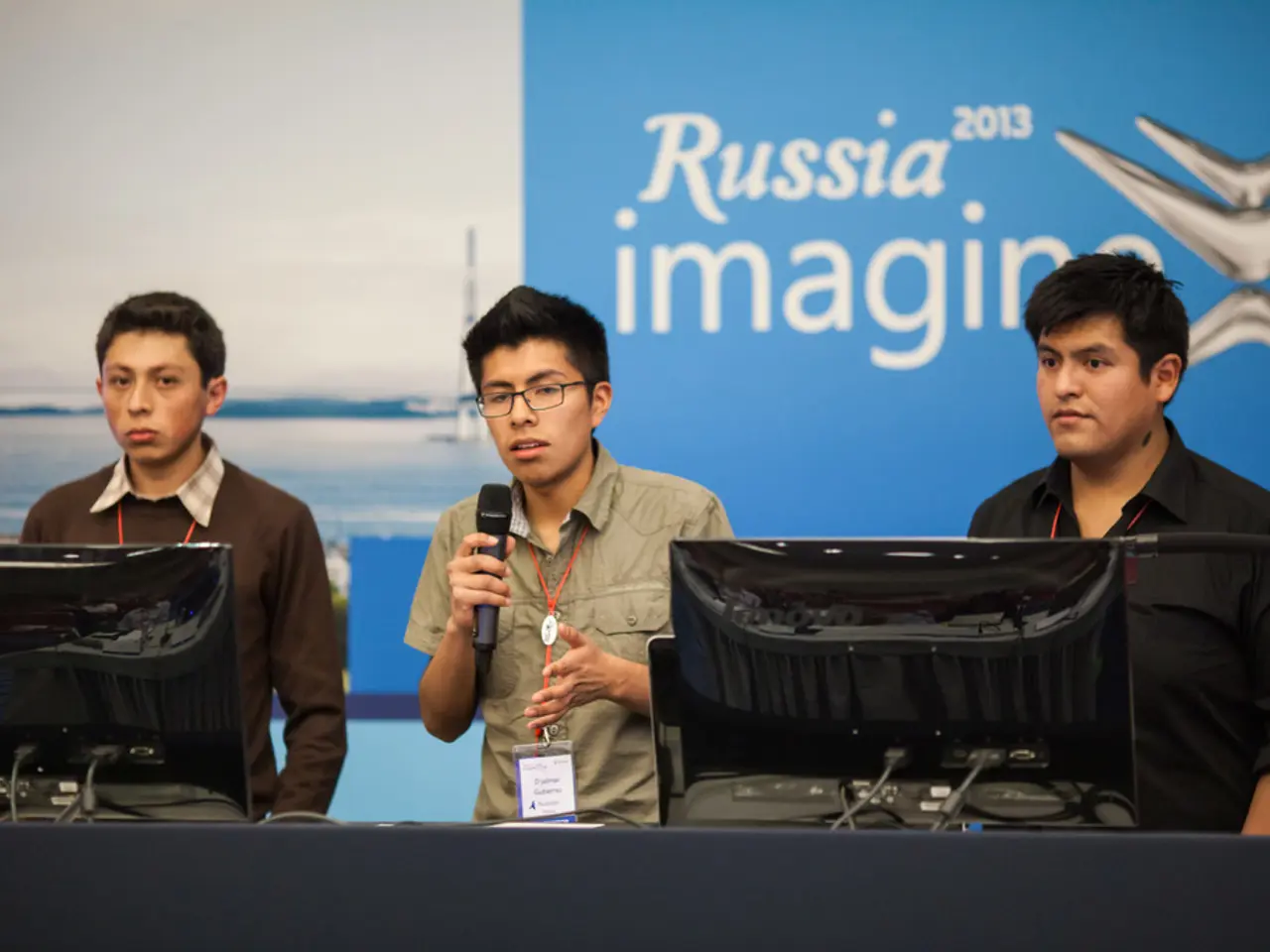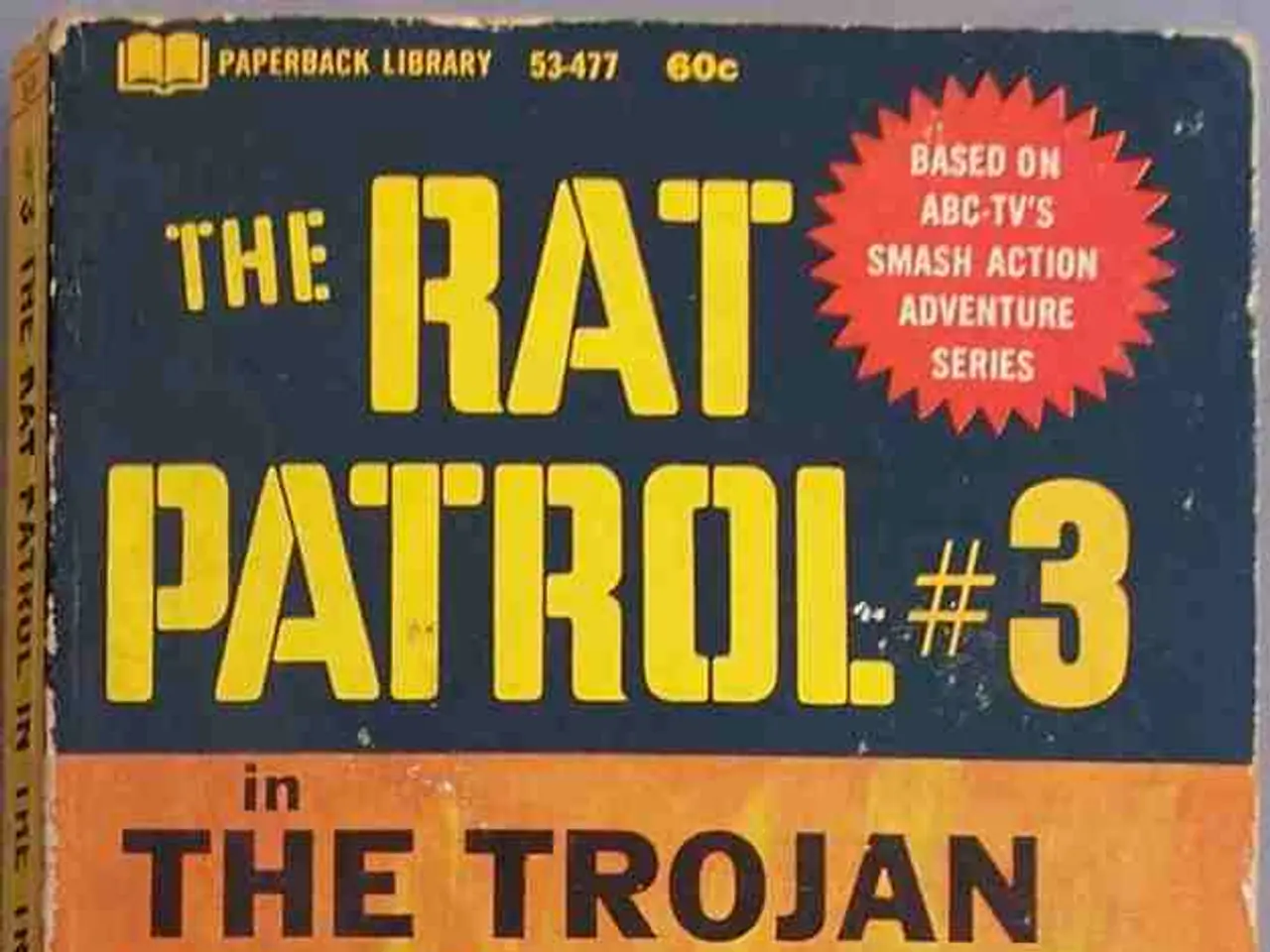Trump states that a meeting with Zelensky is not a prerequisite for negotiations with Putin
In the recent days leading up to August 8, 2025, the self-imposed deadline set by former President Donald Trump for an armistice between Russia and Ukraine, there was little indication that Putin would agree to a genuine ceasefire. The deadline, which marked the culmination of a 50-day ultimatum Trump issued in early July, was intended to pressure Russia into agreeing to a ceasefire or face severe secondary sanctions, including tariffs on countries like India purchasing Russian energy and military equipment.
Trump's ultimatum, however, was not met with a confirmed armistice. As of August 8, Russia had shown no signs of agreeing to an armistice, and the overall impact and next steps of the imposed secondary sanctions remained uncertain.
Diplomatic negotiations were ongoing, with talks set in Turkey and other locations, but no peace deal had been finalized by the deadline. The Kremlin acknowledged the seriousness of Trump's ultimatum but emphasized that a peaceful settlement would require time and effort, and Putin’s goals remained unchanged.
In the realm of international diplomacy, this deadline marked a significant moment. It was the first personal meeting of a sitting US President with Putin since the summer of 2021, with the Kremlin announcing a personal meeting between Trump and Putin in the coming days. Trump's Democratic predecessor, Joe Biden, met with Putin in Geneva during the same summer.
When asked about the deadline, Trump responded, "We'll see what he has to say. It's up to him." Both sides have declared that the time is ripe for a first personal discussion to end the Russian war against Ukraine.
As for the upcoming meeting between Trump and Putin, it is expected to take place next week. While Trump did not provide details on a possible location and date for the meeting, he has expressed a desire to end the war quickly. It is not clear if Trump has any conditions for the meeting beyond not requiring a previous meeting with Ukrainian President Volodymyr Zelenskyj and the achievement of an armistice by the deadline.
In a separate development, Trump also announced additional tariffs against India. The details of these tariffs and their potential impact on the international trade landscape are yet to be fully understood.
References:
[1] CNN (2025, July 29). Trump sets 10-day deadline for Russia-Ukraine armistice. Retrieved from https://www.cnn.com/2025/07/29/politics/trump-russia-ukraine-armistice-deadline/index.html
[2] BBC News (2025, August 2). Russia-Ukraine: Trump's deadline for peace talks passes. Retrieved from https://www.bbc.co.uk/news/world-europe-58288609
[3] The New York Times (2025, July 30). Trump Threatens Sanctions Against Russia Over Ukraine. Retrieved from https://www.nytimes.com/2025/07/30/world/europe/trump-russia-ukraine-sanctions.html
[4] The Washington Post (2025, August 4). Trump's Russia ultimatum: A guide to the 50-day deadline for a ceasefire. Retrieved from https://www.washingtonpost.com/politics/2025/08/04/trumps-russia-ultimatum-guide-50-day-deadline-ceasefire/
The European Union, given the complexities surrounding the Russia-Ukraine conflict and the political landscape, has a responsibility to ensure that its foreign policy, particularly sanctions on countries like India, is fully implemented to exert pressure on Russia. The implementation of such policies can contribute to the resolution of war-and-conflicts and the maintenance of general-news stability in the global political scene.
As the international community focuses on the upcoming meeting between Trump and Putin, it is important to remember that the European Union's role in enforcing foreign policy measures could significantly impact the trajectory of the ongoing conflict and the future of politics, war-and-conflicts, and general-news.








